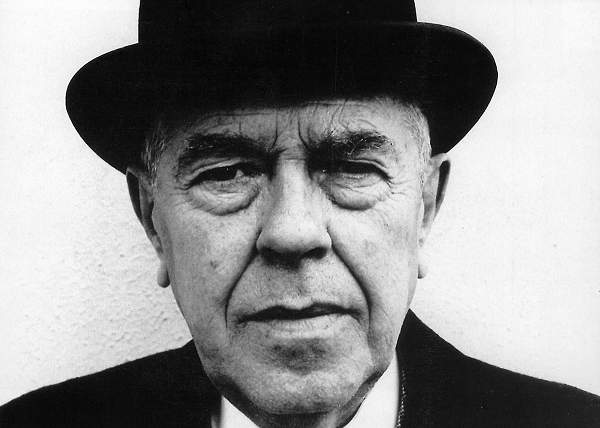Team:Paris Saclay/Project/Inspirations
From 2014.igem.org
m (→R. Magritte (1898-1967), La trahison des images (1929)) |
m (→Vanity, through a Pieter Claesz’s (1596-1661) painting (1630)) |
||
| Line 13: | Line 13: | ||
https://2014.igem.org/Team:Paris_Saclay/Project/Inspirations/Magritte | https://2014.igem.org/Team:Paris_Saclay/Project/Inspirations/Magritte | ||
| - | ==Vanity, through a Pieter Claesz’s (1596-1661) painting (1630)== | + | ==[https://2014.igem.org/Team:Paris_Saclay/Project/Inspirations/Vanity Vanity, through a Pieter Claesz’s (1596-1661) painting (1630)]== |
By frankly evoking leak of time, the ephemeral hallmark of life and the place of Humanity in the universe, Vanity fit directly in our efforts to define life. | By frankly evoking leak of time, the ephemeral hallmark of life and the place of Humanity in the universe, Vanity fit directly in our efforts to define life. | ||
''(source of inspiration for the ethical part, the problematic of living thing’s definition has been mentioned within the team and during different meetings such as « curiositas ».)'' | ''(source of inspiration for the ethical part, the problematic of living thing’s definition has been mentioned within the team and during different meetings such as « curiositas ».)'' | ||
| + | |||
| + | https://2014.igem.org/Team:Paris_Saclay/Project/Inspirations/Vanity | ||
==Platon, Allegory of the Cave== | ==Platon, Allegory of the Cave== | ||
Revision as of 18:28, 17 October 2014

Contents |
Inspirations
Even though many works have been guiding our artistic reflexion, we chose to focus on 4-3 (ça dépend si on arrive à tout traduire à temps) works which are representative of our main lines :
R. Magritte (1898-1967), La trahison des images (1929)
The surrealist belgian artist displays through his work the duality of image, between truth and decoy. His art also embodys a real legacy for advertising of the 20th century.(source of inspiration for the title of our project just as our videos)
https://2014.igem.org/Team:Paris_Saclay/Project/Inspirations/Magritte
Vanity, through a Pieter Claesz’s (1596-1661) painting (1630)
By frankly evoking leak of time, the ephemeral hallmark of life and the place of Humanity in the universe, Vanity fit directly in our efforts to define life.
(source of inspiration for the ethical part, the problematic of living thing’s definition has been mentioned within the team and during different meetings such as « curiositas ».)
https://2014.igem.org/Team:Paris_Saclay/Project/Inspirations/Vanity
Platon, Allegory of the Cave
This allegory proposed by Pllaton explains in illustrated terms access conditions for human to knowledge and reality.
(source of inspiration for our primary sculpture + connection with Magritte’s works + link with our work about image, interpretations and transmission of a message )
Four seasons, Arcimboldo (1527-1593)
Usage of fruits (so living things) in order to talk about immortality and flatter human genus. (glorification of Habsbourg’s line, immutable such as seasons).
(source of inspiration for our object of study : a fruit, a lemon + ethique : reflexion about leak of time, anthropocentrism, power.)
Countdown
This page is under Leïla's responsibility
- Deadline: 08/oct.
- Completed text.
- Deadline: 12/oct
- Final review Alice.
 "
"





